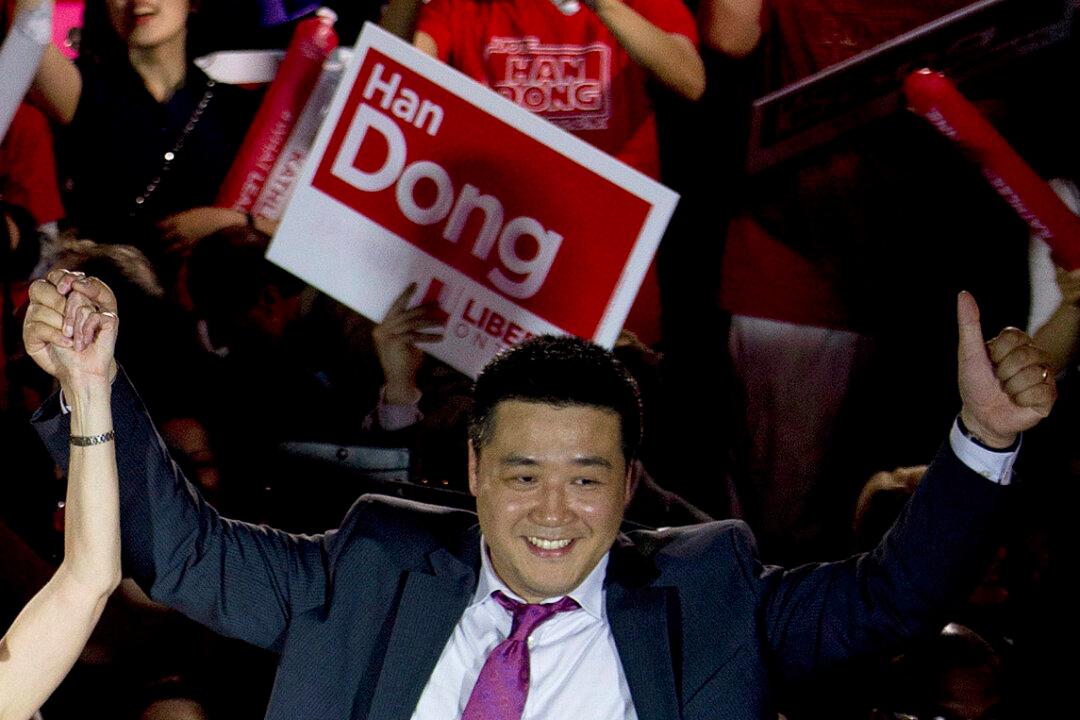A Liberal cabinet minister says he will meet with now-independent MP Han Dong in the coming weeks in order to evaluate his potential return to the party caucus.
“I’m still going through the process. It’s something the prime minister asked me to do (and) I want to do it properly,” Intergovernmental Affairs Minister Dominic LeBlanc told reporters on July 19, according to Global News.





